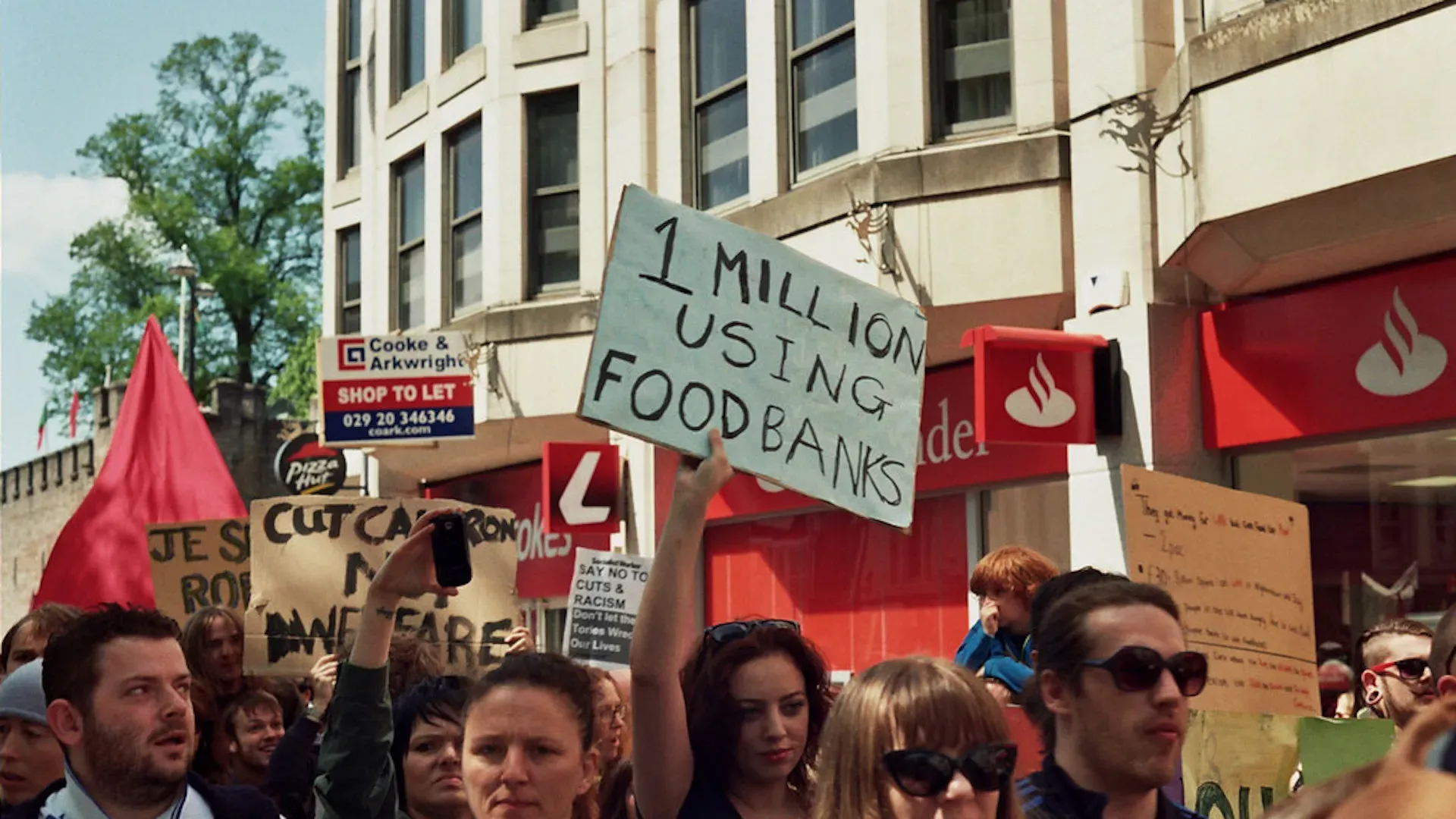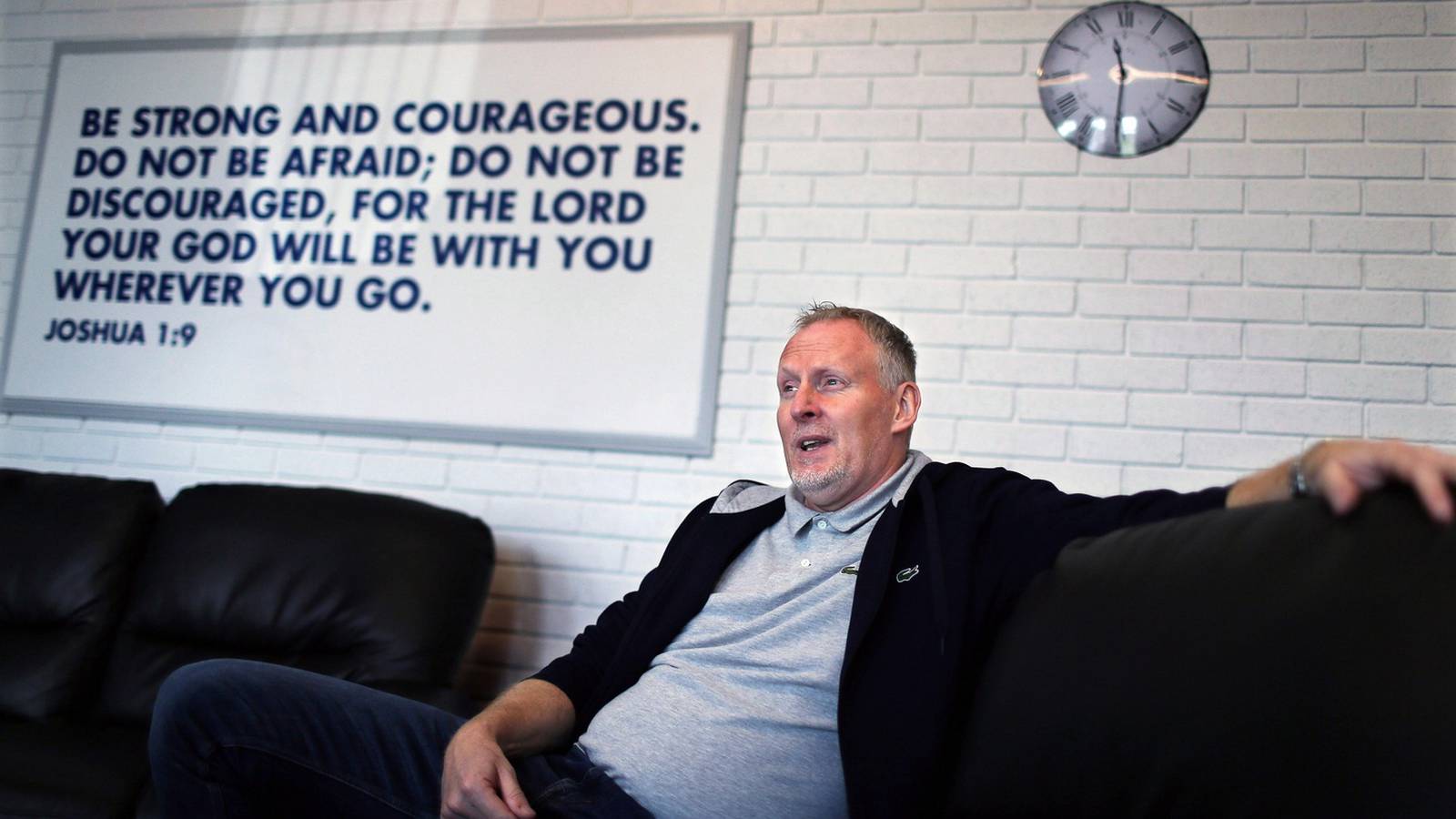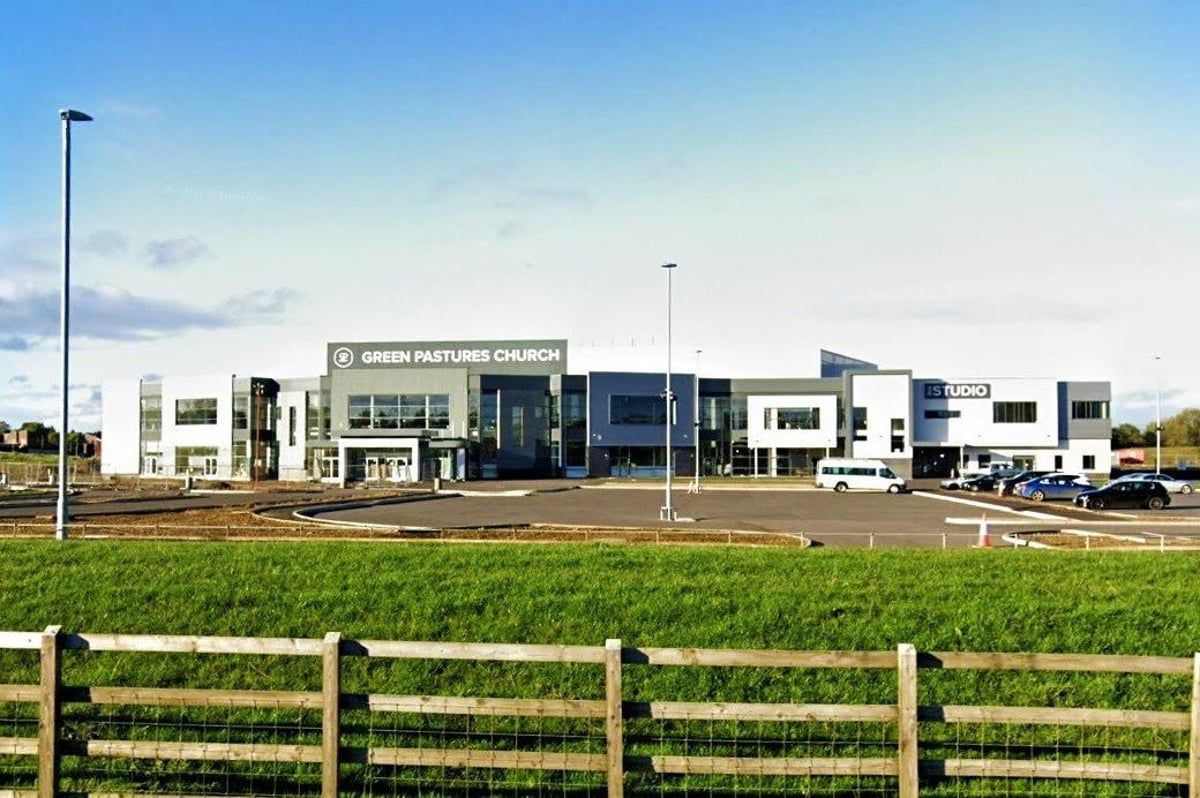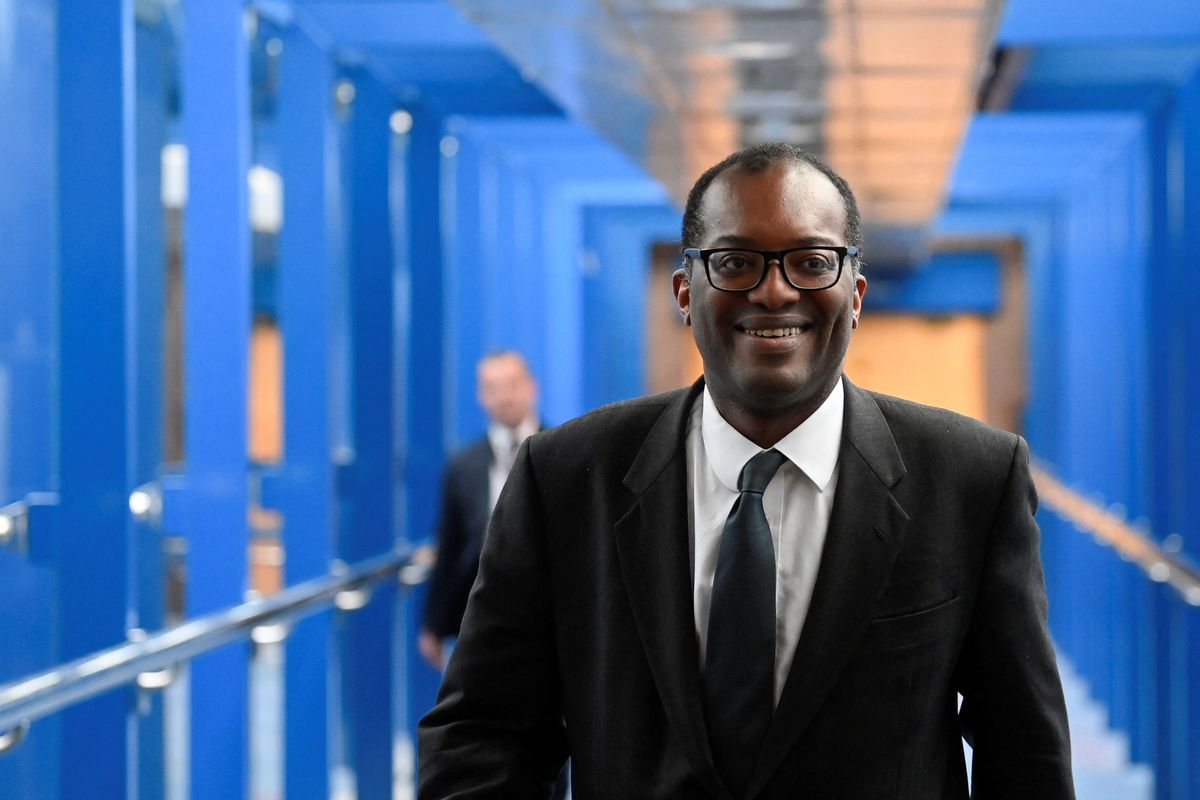This is England

I moved to England in October 2008. Having grown up in Northern Ireland, I was very aware of what murmuring civil discontent looked like. I was aware of how sectarianism could rear its ugly head at any moment.
I had also grown up with New Labour in government from the age of 8. I knew England had inequality, but it looked like a country on the up. In spite of the financial crash in 2008, I felt shielded. I wasn't looking for work, I was going to study, and for four glorious years I was largely protected by the bubble of higher education.
Upon leaving university, I never really considered moving back to Northern Ireland. Despite Belfast in particular having a lot of money poured into it, I still considered to be more backwards and less progressive. I could still hear the news reports of murders and shootings in Belfast from my childhood; I could still remember the sneering arrogance of Northern Ireland's very particular blend of firebrand Christianity.
My thoughts on the next decade have been well documented on this blog, so I don't want to rehash them too much. I do, however, want to look in a little more detail at how England has changed as it pertains to my worldview back in 2008.
I don't know whether England was a particularly racist place in the 2000s. I am well aware of the racism that pervaded society in earlier decades, but I – perhaps naively – felt as though it was something on the decline.
On the flip side, I felt that Northern Ireland's polarised society was becoming even more so. It wasn't necessarily becoming more violent or aggressive – quite the opposite – but just as I left the north a piece of news reinforced the decision to leave in my mind.
That news was the formation of the Green Pastures church in Ballymena. An enormous, self-contained "holy village", it was a religious commune straight out of the American Bible Belt. It was a vast 97-acre site near to where I grew up that would included a "training and education centre" and capacity for thousands of worshippers to flock in.

As someone who grew up as far away as possible from religiosity in Northern Ireland, the entire thing felt incredibly cultish - even by Northern Irish standards. Here was an artificial community being built around an evangelical church where the believers would never have to leave. There would be housing, restaurants, supermarkets, even a nursing home, all within the confines of the community itself.
The entire thing stank of something.
Jeff Wright, founder of the Green Pastures movement, said, “We made God a shareholder in the business – 26 per cent of Wrights is owned by an evangelical trust – in order to make sure He was central in everything the Wrights company does.”
Jeff Wright stood down in May of this year, purportedly due to an internal row and interestingly just days before the Charity Commision NI opened an investigation into the running of the Church. He has since made something of a comeback in the last month, delivering sermons again.
The Church has had long ties with Wrightbus, a major bus manufacturer in Ballymena who built the New Routemaster or "Boris Bus" London buses that launched in the mid-2010s. Not like Boris to be far away from some sleaze, after all.

It transpired that Wrightbus was struggling with £60m in debt and owed £38m to the Bank of Ireland. Upon going into administration in 2019, it was uncovered that the company had given the church a whopping £15m over a six year period.
It's still unclear precisely what's gone on. As the entire affair has been murky from the beginning, it's unsurprising that they're being looked into.
The Green Pastures Church was a shining example of why I left Northern Ireland. The "in-your-face" nature of religious movements in the country, the sleaze and links between churches, politicians and leading political parties, and the societal belief that you shouldn't talk too loudly about what was going on.
Out of the frying pan, and into the fire.
In recent years, England has managed to look at the Northern Ireland model of cronyism and backhanders and decided to double-down on it. The Conservative Party MPs probably have a few photos of Jeff Wright in their offices, scattered between photographs of Margaret Thatcher, Queen Elizabeth II and Boris Johnson. Top quality shadiness, good chap.
As the lives of ordinary citizens are squeezed ever tighter, and with politicians in charge whose incompetence would make Arlene Foster blush, perhaps the negativity I associated with politics in Northern Ireland isn't uniquely Northern Irish. Perhaps its a new British phenomenon.
The division seeded by the Brexit referendum and its aftermath, whilst much less threatening for one's personal safety, is easily as ingrained now in English society as sectarianism is in Northern Ireland. There's a familiar, general sense of malaise that these nutjobs are running the madhouse, and there's very little any of us can do to change it. Best keep your head down, and don't speak too loudly.
Northern Ireland was long held to be the embarrassing child of politics in the United Kingdom. Whilst Wales and Scotland could be trusted to have their own devolved administrations, Northern Ireland repeatedly voted in hardliners who would throw their toys out of the pram. At time of writing, Northern Ireland has no functional government as the DUP refused to nominate a Deputy First Minister after the ignominy of not winning an election.
But England has surely stolen the award for Britain's Most Incompetent Government, lurching from crisis to crisis and doubling down on borderline insane solutions to deal with each crisis.
What's that, we've just tanked the economy by cutting loads of taxes for rich folks? Well, if we say we're going to cut more taxes, that ought to calm things down, right?

It turns out that incompetence and corruption have a unique aroma. You can pick it out from a mile off, especially if you grew up around it. Downing Street reeks of it. It billows through the doors at the Palace of Westminster. It wafts through news studios up and down the land.
Much as when I grew up, I look around in dismay. There are blithering idiots in charge, xenophobic bigots (swap detaining Catholics for deporting migrants) holding office, and all the while living standards decline in comparison to countries around me. And my neighbours – the people on my street, town and neighbouring communities – voted for it.
Back home, despite years of underperforming politicians in Stormont, my local area would elect more DUP MPs and MLAs. Usually the same pot-bellied, hyper-religious quacks who were more concerned with getting one up over Sinn Fein than delivering investment and prosperity to their local communities.
In England, I live right on the border of Middlesbrough and Redcar and Cleveland Constituencies. For my sins, my local MP is Simon Clarke, who is to Liz Truss as Nadine Dorries was to Boris Johnson, a kind of swivel-eyed devotee with a creepy fixation on pleasing the glorious leader. He wouldn't be out of place at Green Pastures, provided the crucifix was replaced with a giant, inflatable Liz Truss holding a book on trickle-down economics.

Redcar is hugely impoverished. Charity shops and pawn brokers line the streets, and if it weren't for the absolutely magnificent variety of fish and chip shops would have very little going for it. Those same fish and chip shops who, due to the government's inability to control the energy crisis, face an existential threat.
And yet they voted Conservative in 2017, kicking out Labour MP Tom Blenkinsop and toppling a seat that had been Labour since its formation in 1997.
As the country declined and societal attitudes moved backwards in time, the people looked up and said "More of that, please."
I know there are a huge number of reasons for this, and that my viewpoint is hugely subjective.
Perhaps, as in 2008, it's time to move on. I don't feel like I've outgrown England – far from it – but I do feel as though I'm once again part of a society and direction of travel which doesn't match what I value or believe in.

